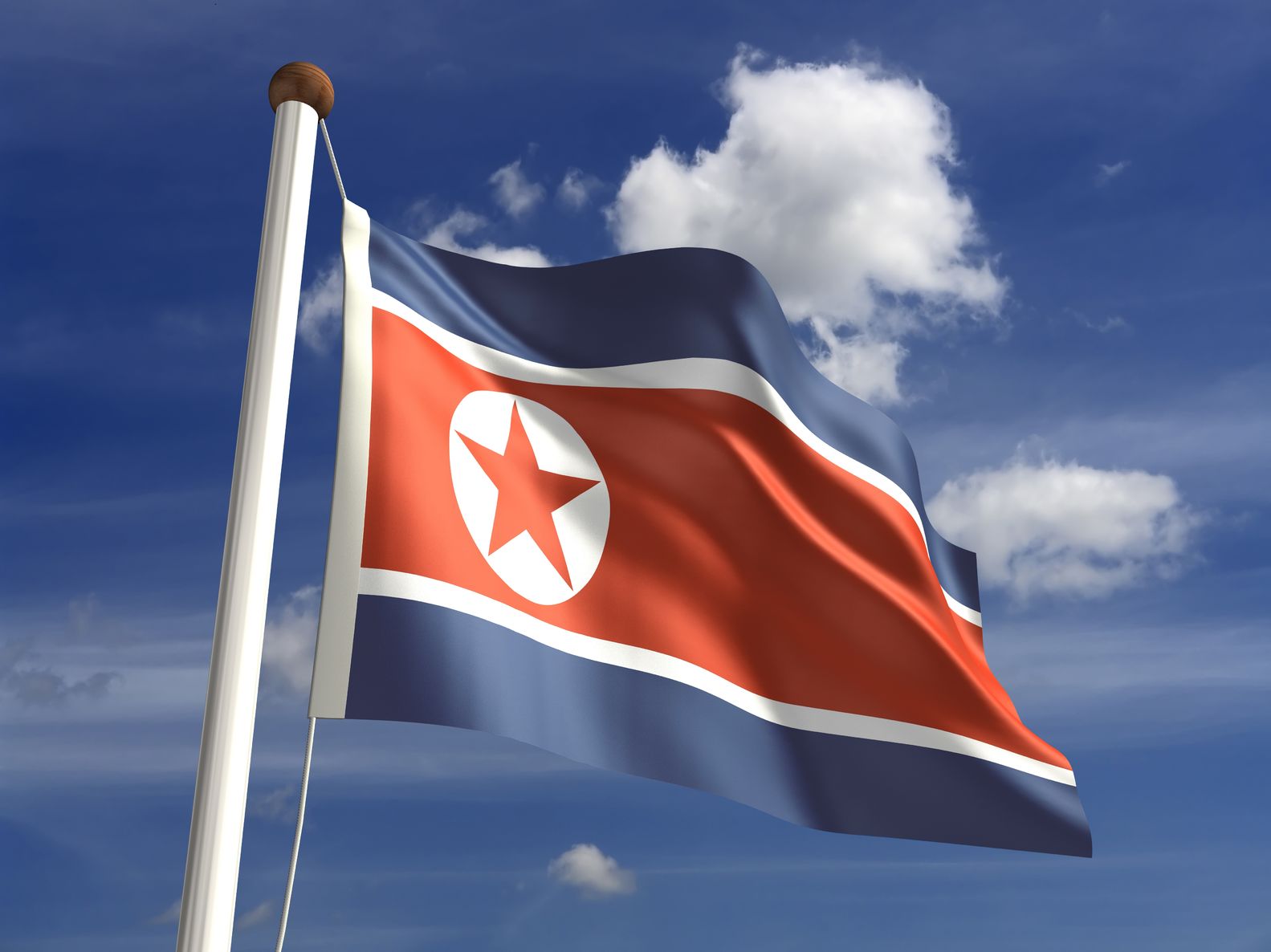A move may be afoot for Vice President Mike Pence to meet with a high-level delegation from North Korea during his trip to South Korea for the Olympics. If the meeting happens, it is welcome news.
Successful North Korean tests of long-range missiles that could carry a nuclear warhead the distance needed to strike the continental United States and the incendiary rhetoric between the U.S. and North Korean governments have led to a dangerous situation between two nuclear-armed powers. Kim Jong-un, the volatile North Korean leader, was formerly the champion of hyperbolic rhetoric but has met his match in hostile bluster from President Donald Trump, an equally impulsive and verbally aggressive leader. Trump implied the possible use of nuclear weapons against the North Korean regime by his threat to rain down “fire and fury” on North Korea and bragged that his nuclear button being bigger than Kim’s. Even worse, apparently American planning is underway for a limited strike against North Korean nuclear facilities to give the regime a “bloody nose,” degrade its nuclear weapons efforts, and deter it from future aggressive actions.
Talk in the Trump administration about the bloody nose option is as crazy as any rhetoric coming from North Korea. If the North retaliated against such a limited U.S. attack by unleashing thousands of artillery tubes and missiles against Seoul, which is only 35 miles from the North-South border, or launching missiles against Japan, tens or hundreds of thousands of people could be killed before the United States could win a more general war on the peninsula. Those casualties could include a significant portion of the 320,000 U.S. military and civilian personnel stationed in South Korea and Japan.
Indicating that the bloody nose alterative is considered viable, the administration’s nomination of Victor D. Cha, a Korean expert who served in the George W. Bush administration, to be the U.S. ambassador to South Korea was apparently nixed when he pushed back against the option as being too risky. After his nomination was spiked, Cha made the convincing argument that if the North Korean regime was so irrational that it could not be deterred from a nuclear attack on the United States--thus requiring a preventive bloody nose attack before it gets the capability to do so—it probably wouldn’t be rational enough to withhold retaliation against South Korea and maybe Japan, resulting in mass casualties. If a hardliner like Cha is balking at the bloody nose strategy, it must be dangerous.
And that’s why past U.S. administrations haven’t done it. Spanning a period of decades, even without a few nuclear weapons and long-range missiles that can carry them to the U.S. mainland, North Korea has been able to deter any such bloody nose attack by the potential for massive conventional retaliation against Seoul, South Korean in general, and maybe Japan. Now that the North possesses nuclear weapons, it could launch them against those targets using shorter-range artillery or missiles. Also, North Korea is believed to have significant quantities of chemical and biological weapons that could be used in any retaliatory attack, also potentially killing many civilians.
Even if the Trump administration’s talk of a bloody nose strategy is merely hot air designed to scare Kim Jong-un, such perilous rhetoric, along with implicit threats of using nuclear weapons, could paint President Trump--whose psychology seems to compel him to play the “tough guy”--into a corner, requiring later rash action to save face.
Most experts on North Korea believe Kim Jong-un is a rationale actor and can thus be deterred by the most powerful nuclear arsenal on the planet. Dictators have one primary to goal—to stay in power—and it is hard to do that if you have been vaporized by a massive U.S. nuclear attack.
Trump seems to have a natural affinity for dictators, so why not treat one with nuclear weapons nicer? Among nuclear-armed powers, the general state of relations is important. Because Kim Jong-un has some legitimate reason to fear negotiating away his nuclear and missile programs—the United States has ousted many leaders of non-nuclear nations, for example, Manuel Noriega in Panama, Slobodan Milosevic in Serbia, Saddam Hussein in Iraq, and Muammar Gaddafi in Libya (who had even given up his nuclear program)—he likely won’t do so. But any meeting that Vice President Pence might have with high-level North Koreans, which might improve icy relations even incrementally, is welcome.

















